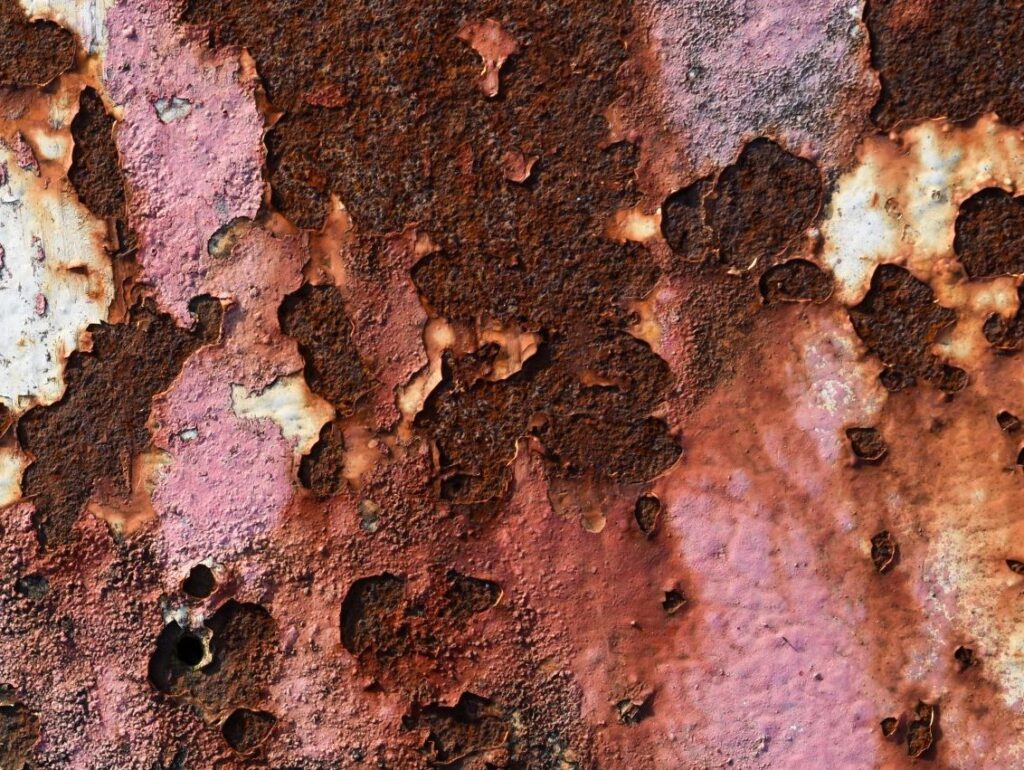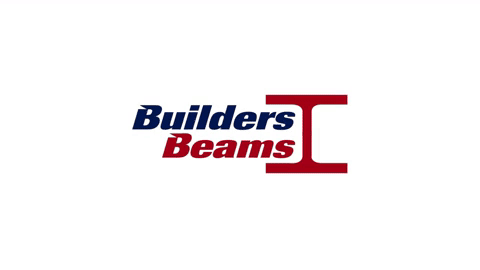By Hussain, technical estimator and trainee design engineer at Steelo.
As a technical estimator and trainee design engineer working at Steelo, I frequently come across questions regarding the durability of galvanised steel. One of the most recurring concerns is whether galvanized steel is susceptible to rust. This article aims to provide a detailed answer to this query, exploring the factors that influence galvanized steel’s rust resistance and the role of steel finishes in enhancing its longevity.
Galvanised steel is a popular choice for construction projects, mainly due to its resistance to rust and corrosion. The steel fabrication process involves adding a protective layer of zinc to the structural steel, creating a barrier against environmental elements that cause rust. This protective layer is known as ‘galvanizing’, and it plays a vital role in prolonging the service life of steel products.
Does Galvanised Steel Rust?
Generally speaking, galvanised steel exhibits strong resistance to rust and corrosion, thanks to the protective zinc layer. However, it is important to emphasize that galvanized steel is not entirely immune to rust. Several factors can contribute to the corrosion of galvanised steel, including:
Exposure to harsh environments
Although the zinc layer on galvanised steel offers considerable protection, it may not be sufficient to prevent rust in highly corrosive environments like coastal regions with high salt concentrations.

Compromised coating
The galvanised steel layer can be weakened if scratched, chipped, or otherwise damaged. In such instances, the exposed steel might start to rust over time.
Ageing and wear
As with any material, galvanized steel is subject to wear and tear over time. As the zinc layer becomes thinner, the underlying steel becomes more prone to rust.
Inadequate coating
The quality of the galvanising process can also impact the steel’s resistance to rust. Poorly applied or thin layers can result in accelerated corrosion.

Steel Finishes for Improved Durability
There are several steel finishes available that can offer extra protection to galvanised steel, further improving its resistance to rust and corrosion.
Some of the most common steel finishes include:
- Powder coating: This finish entails applying a robust, weather-resistant powder to the surface of the galvanised steel. It provides an additional layer of protection and is available in an extensive range of colours and textures.
- Epoxy coatings: Epoxy coatings are applied to the steel surface to create a thick, long-lasting barrier that safeguards against rust and corrosion. These coatings are highly resistant to chemicals, abrasion, and UV radiation.
- Paint coatings: High-quality paint can also be applied to galvanised steel to enhance its visual appeal and protect against rust.
In conclusion, while galvanised steel is highly resistant to rust and corrosion, it is not entirely rust-proof. By understanding the factors contributing to rust and considering additional steel finishes, you can prolong the life of your structural steel and ensure its durability under various conditions. As a technical estimator and trainee design engineer at Steelo, I strongly recommend consulting with a trusted structural steel fabrication firm to discuss the most suitable options for your project.
Categories
Archives
- April 2024 (5)
- March 2024 (2)
- February 2024 (1)
- January 2024 (3)
- December 2023 (2)
- November 2023 (1)
- September 2023 (4)
- August 2023 (3)
- July 2023 (1)
- June 2023 (7)
- May 2023 (2)
- April 2023 (14)
- March 2023 (15)
- February 2023 (7)
- January 2023 (6)
- December 2022 (5)
- November 2022 (1)
- October 2022 (4)
- September 2022 (3)
- August 2022 (1)
- July 2022 (2)
- June 2022 (2)
- April 2022 (4)
- March 2022 (1)
- February 2022 (1)
- December 2021 (3)
- March 2021 (2)
- October 2020 (1)
- September 2020 (1)
- July 2020 (1)
- June 2020 (1)
- May 2020 (2)
- April 2020 (2)
- March 2020 (3)
- February 2020 (2)
- January 2020 (1)
- December 2019 (2)
- November 2019 (1)
- October 2019 (1)
- September 2019 (3)
- August 2019 (1)
- July 2019 (4)
- June 2019 (4)
- May 2019 (1)
- April 2019 (4)
- March 2019 (2)
- February 2019 (4)
- January 2019 (4)
- December 2018 (4)
- November 2018 (4)
- October 2018 (5)
- September 2018 (6)



